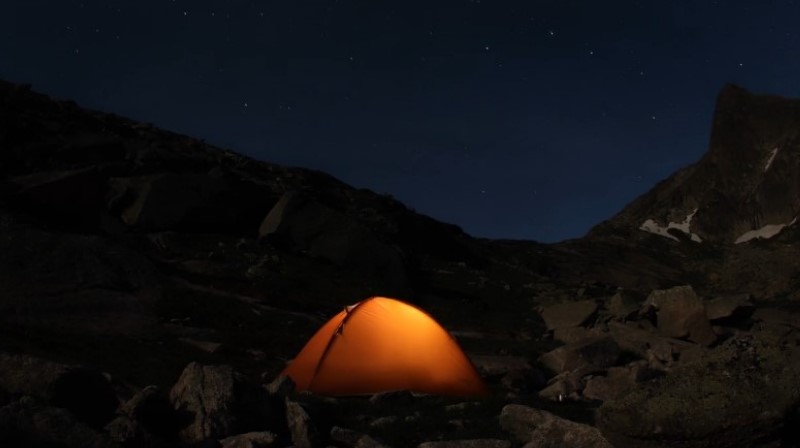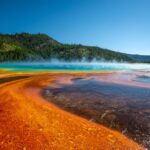Camping restores the human spirit by realigning people with the natural rhythms of life, reducing stress, improving health, and rekindling relationships. In a world dominated by constant notifications, long workdays, and artificial environments, camping offers something rare: the chance to reset both body and mind.
Studies confirm that time in nature lowers cortisol, boosts immune responses, and enhances sleep.
But beyond the scientific evidence, countless campers describe returning from a trip outdoors with a sense of clarity, calm, and gratitude. A few nights under the stars is often enough to remind us what truly matters, and that is why camping continues to hold such a powerful place in the human experience.
Mental Reset: Escaping the Noise
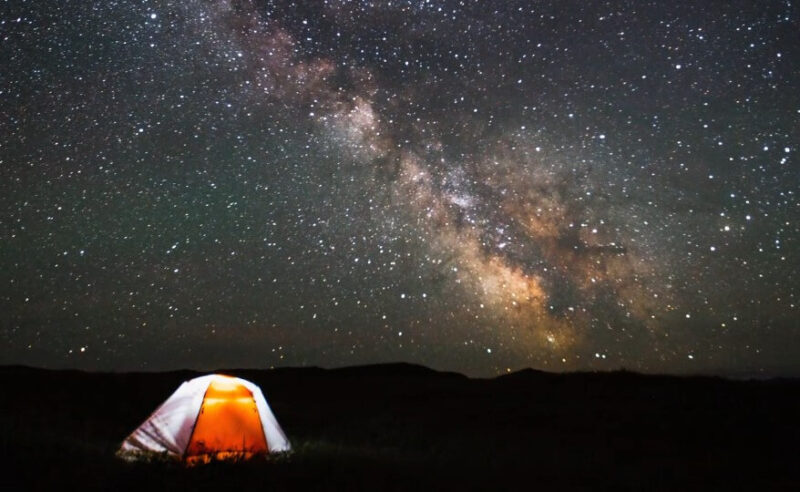
Most people live with constant background noise, cars, electronics, and city hum. Camping strips this away. When the soundtrack becomes birds, wind, or a crackling fire, the brain relaxes. This reduction in sensory overload is a form of therapy that modern psychology refers to as attention restoration. It allows your mind to recover from the constant multitasking and distractions of daily life.
Why Mental Clarity Improves Outdoors
Even people who struggle with anxiety or racing thoughts often find their minds quieter after just one night outdoors. The sense of calm is not imagined; it is a physiological response to an environment that humans evolved to live in.
The Physical Benefits of Outdoor Living

Camping is not just for the mind. It has measurable physical benefits. Walking to fetch water, setting up camp, or hiking nearby trails means your body is in motion throughout the day. Unlike structured gym sessions, these movements are natural, functional, and often low-impact.
Health Gains from Camping
Outdoor exposure also plays a role in hormone regulation. Cortisol, the stress hormone, naturally falls after time in green spaces. Melatonin, the hormone tied to sleep, rises more effectively when nights are spent without artificial light.
If you’ve ever questioned how well your body is coping with stress, you might even consider a hormone test before and after a camping trip. The difference can be eye-opening, showing how nature resets the body’s internal balance in ways medicine sometimes cannot.
Building Stronger Bonds Through Shared Experience
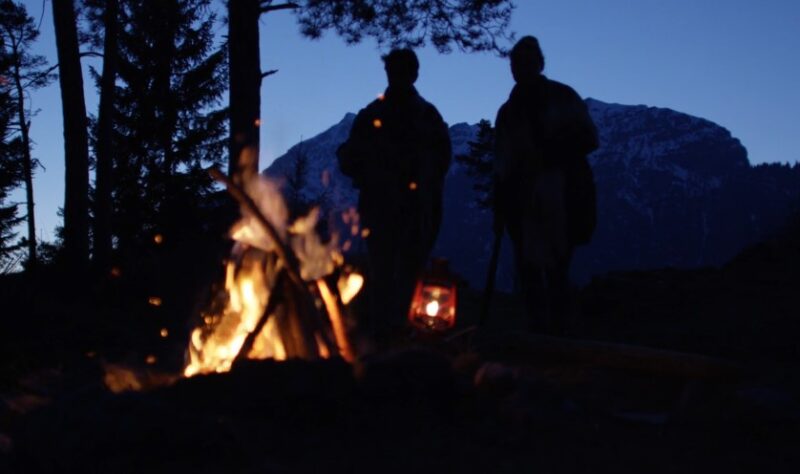
Modern families often spend their evenings in separate rooms, each absorbed in screens. Friends catch up in loud places where conversations compete with background noise.
Camping changes this dynamic. With no Wi-Fi to hide behind and no TV in the background, people reconnect the old-fashioned way: through stories, shared meals, and laughter.
Relationship Impact of Camping
There’s something powerful about eating food you cooked together, laughing around a fire, or simply watching the stars in silence. These shared moments linger far longer than a night out in the city.
Spiritual Restoration: Simplicity and Perspective
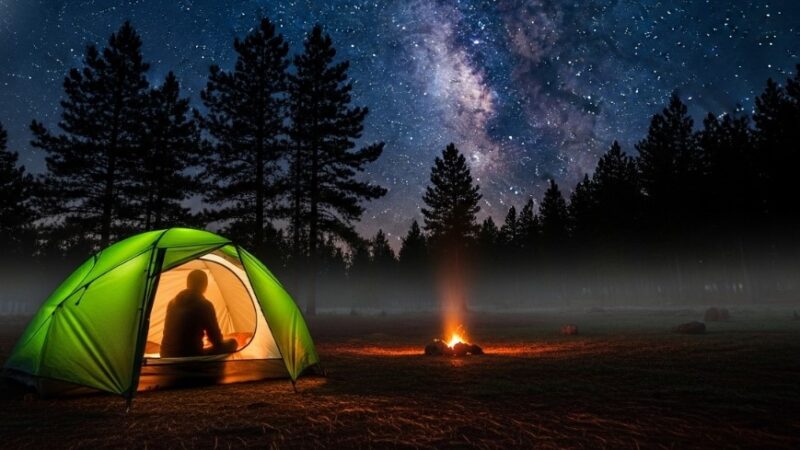
Camping is a form of subtraction. You remove excess possessions, obligations, and noise, and what remains is clarity.
Sleeping in a tent or under the stars forces you to reconsider what is essential.
A warm drink in the morning, the comfort of a sleeping bag, or the sight of sunrise over a treeline become profound. This simplicity feeds the human spirit by grounding us in gratitude.
In many cultures, time in nature has always been linked to renewal. Indigenous traditions often involve vision quests or solitude in wild spaces. Today, we may not call it a ritual, but the effect is similar: stepping away from excess and returning with a renewed sense of purpose.
Environmental Awareness: A Byproduct of Camping
It’s difficult to ignore the fragility of the natural world when you live in it, even briefly. Seeing stars unobstructed by pollution, hearing owls at night, or watching a river’s steady current builds appreciation.
Campers often return home with heightened environmental awareness.
This might mean recycling more carefully, reducing energy use, or teaching children to respect ecosystems. Camping plants the seed of responsibility.
Camping vs. Other Forms of Travel
To understand why camping feels so restorative, it helps to compare it to more common vacations. While resorts and city trips are enjoyable, they often carry hidden stress, crowds, rigid schedules, or constant spending.
This difference explains why many people return from a vacation needing “a vacation from their vacation,” while campers often come home feeling lighter.
Stories from the Campsite
Ask any seasoned camper, and they’ll have a story about a moment that shifted their perspective. For some, it’s the first time seeing the Milky Way stretching across the sky. For others, it’s waking up to silence except for the soft sounds of nature. One common thread in these stories is a sense of awe.
This awe is more than a feeling; it has been studied by scientists, who found that experiencing awe can reduce self-focus, increase empathy, and make people feel more connected to humanity as a whole.
Final Thoughts
In the end, camping restores the human spirit because it connects us with what we were never meant to lose: nature, simplicity, and each other. It quiets the mind, strengthens the body, and feeds the soul. While technology and modern conveniences can enrich life, they can also overwhelm it. A few nights under the stars act as a counterbalance. Whether it’s a family outing, a solo retreat, or a trip with friends, camping offers the kind of healing that no app or luxury product can replicate.
I’m Noel Massey, your not-so-typical trailblazer who’s been into hiking for years while herding two mini adventurers, a.k.a. my sons. We’ve tackled trails that would make your GPS do a double-take. Join me as I share tales from the great outdoors, and share some handy tips you could use in the future.

